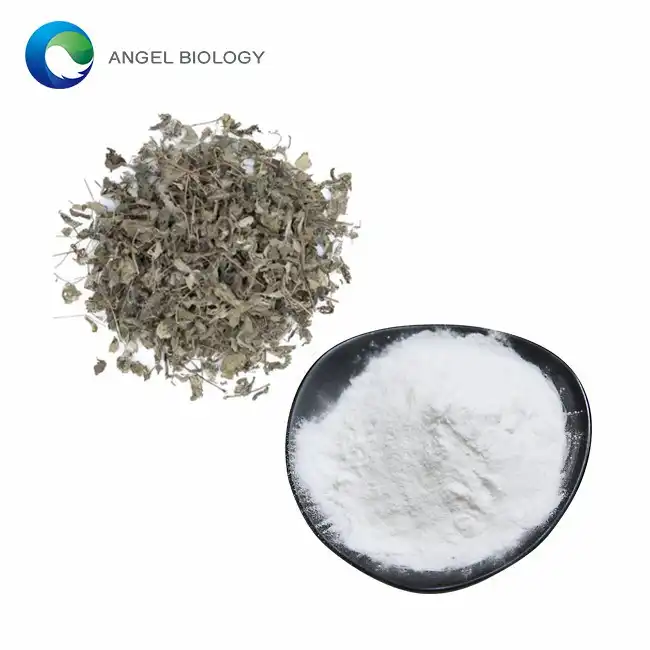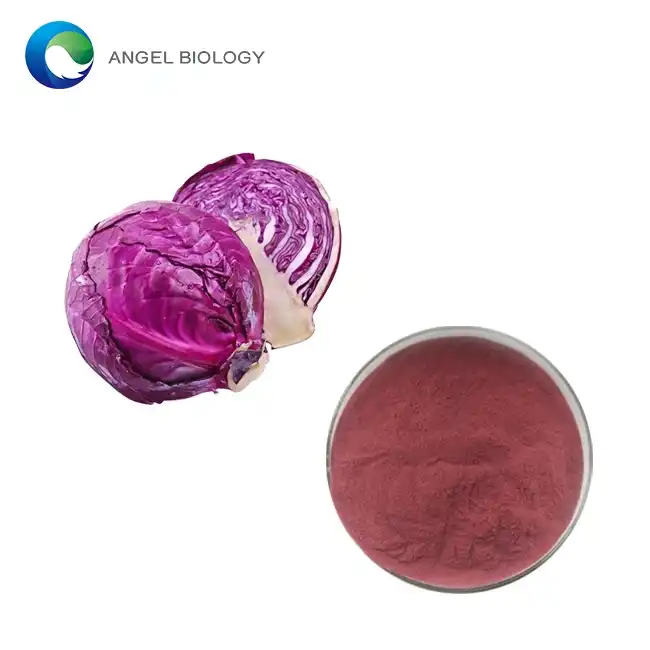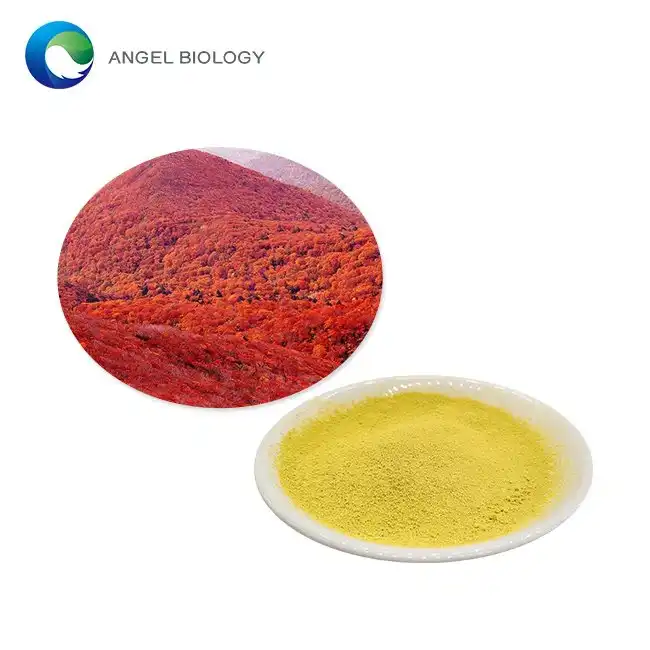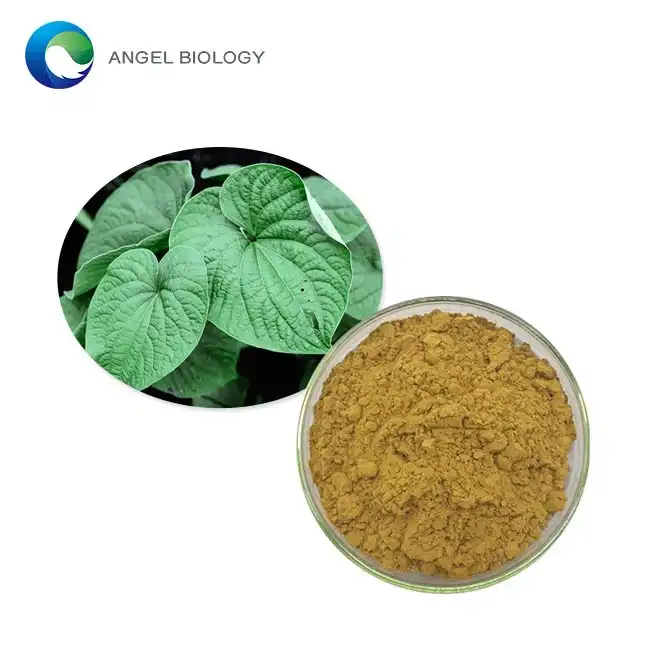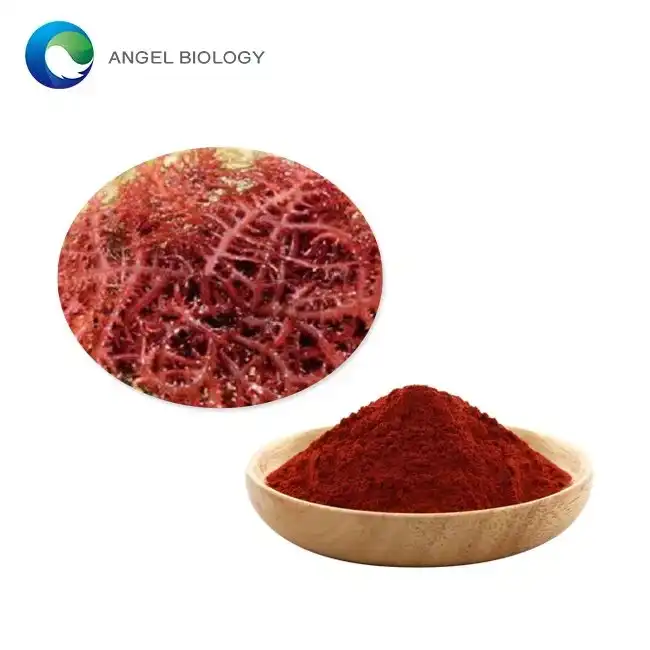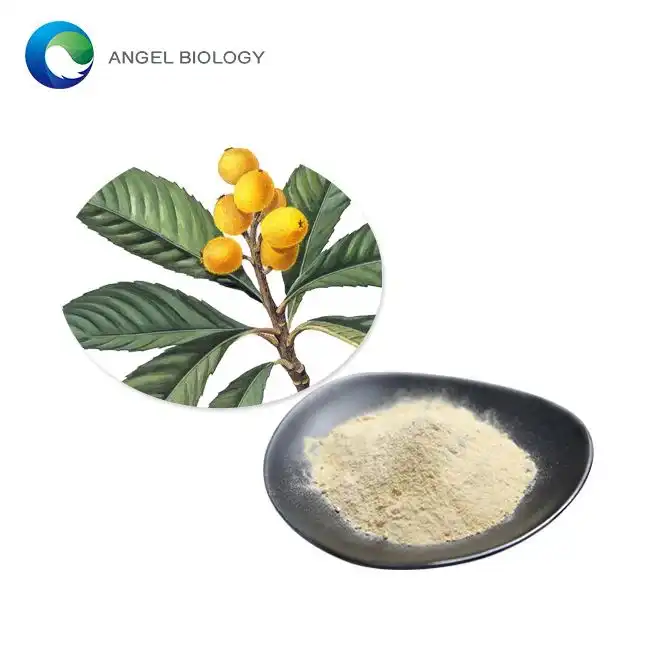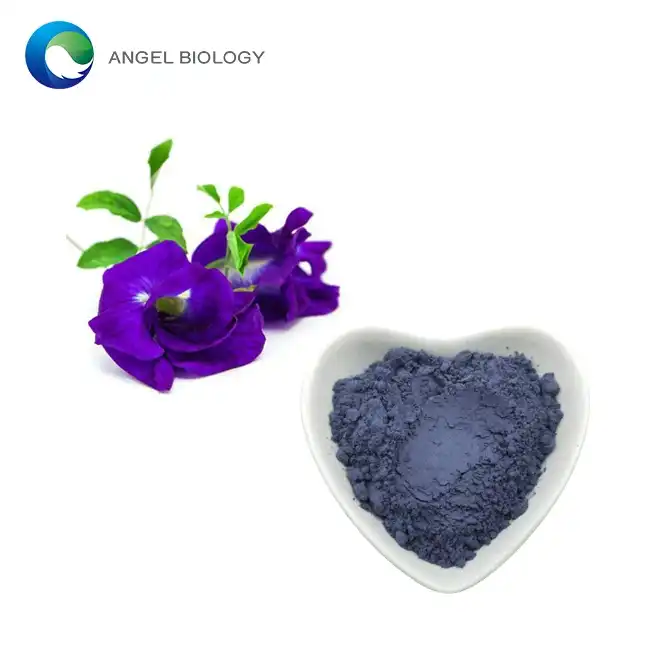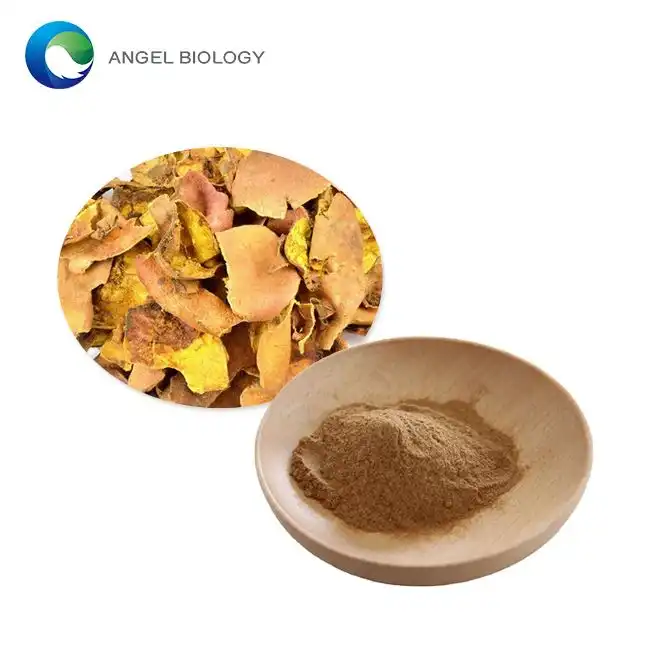3 Surprising Uses of Amur Cork Tree Bark Extract
The Amur cork tree, scientifically known as Phellodendron amurense, has been a staple in traditional medicine for centuries. However, recent scientific studies have unveiled some truly astonishing applications for its bark extract. In this article, we'll explore three unexpected uses of Amur cork tree bark extract that might just revolutionize how we think about this ancient remedy.
Amur Cork Tree Bark in Traditional Chinese Medicine
For millennia, practitioners of Traditional Chinese Medicine (TCM) have revered the Amur cork tree for its therapeutic properties. The bark, in particular, has been a cornerstone of many herbal formulations. Known as "Huang Bai" in Chinese, it's prized for its bitter and cold nature, which is believed to clear heat and dry dampness in the body.
Traditionally, Amur cork tree bark has been used to address a variety of ailments, including:
- Urinary tract infections
- Diarrhea
- Skin conditions
- Fevers
- Joint pain
The bark's efficacy in TCM is attributed to its rich composition of bioactive compounds, including berberine, palmatine, and phellodendrine. These alkaloids are believed to contribute significantly to the bark's medicinal properties.
Modern research has begun to validate many of these traditional uses. For instance, studies have shown that berberine, one of the primary compounds in Amur cork tree bark extract, possesses potent antimicrobial properties. This scientific validation has sparked renewed interest in this age-old remedy, leading to its incorporation in various contemporary health supplements.


Anti-inflammatory Properties of Amur Cork Tree Extract
While the anti-inflammatory properties of Amur cork tree bark extract might not seem surprising at first glance, the extent and mechanisms of its anti-inflammatory action are truly remarkable. Recent studies have unveiled a complex interplay of compounds that work synergistically to combat inflammation on multiple fronts.
At the heart of this anti-inflammatory action is berberine, a compound that has been shown to inhibit the production of pro-inflammatory cytokines. These are signaling molecules that play a crucial role in initiating and perpetuating the inflammatory response. By modulating their production, Amur cork tree bark extract can help mitigate chronic inflammation, which is implicated in a wide range of health issues, from arthritis to cardiovascular disease.
But the anti-inflammatory prowess of Amur cork tree bark extract doesn't stop there. Research has also identified other compounds in the extract that contribute to its anti-inflammatory effects:
- Limonin: This compound has been shown to suppress the activity of NF-κB, a key regulator of the inflammatory response.
- Obacunone: Studies suggest this compound can reduce the production of inflammatory mediators in various cell types.
- Kirenol: This diterpene has demonstrated potent anti-inflammatory effects in both in vitro and in vivo studies.
What's particularly intriguing about the anti-inflammatory action of Amur cork tree bark extract is its potential for targeted inflammation reduction. Unlike broad-spectrum anti-inflammatory drugs that can have systemic effects, the compounds in Amur cork tree bark appear to have a more selective action. This selectivity could potentially lead to more effective treatments with fewer side effects.
Moreover, the anti-inflammatory properties of Amur cork tree bark extract extend beyond just reducing existing inflammation. Some studies suggest that it may also help prevent the onset of inflammation by modulating the immune response. This preventative aspect opens up exciting possibilities for using Amur cork tree bark extract in proactive health strategies.
The multi-faceted anti-inflammatory action of Amur cork tree bark extract has caught the attention of researchers in fields ranging from rheumatology to neurology. Its potential applications are vast, from managing chronic inflammatory conditions to potentially mitigating inflammation-related aspects of neurodegenerative diseases.
Potential Cancer-Fighting Benefits of Amur Cork Tree Bark
Perhaps the most surprising and exciting area of research into Amur cork tree bark extract is its potential as an anticancer agent. While it's important to note that research is still in its early stages, the preliminary findings are nothing short of remarkable.
Several compounds found in Amur cork tree bark have demonstrated anticancer properties in laboratory studies. These include:
- Berberine: This alkaloid has shown promise in inhibiting the growth and spread of various types of cancer cells, including those of breast, lung, and colon cancer.
- Phellodendrine: Studies suggest this compound may induce apoptosis (programmed cell death) in certain cancer cell lines.
- Obakunone: Research indicates this limonoid may have the ability to suppress tumor growth and metastasis.
What's particularly intriguing about the anticancer potential of Amur cork tree bark extract is the multifaceted nature of its action. It appears to target cancer cells through various mechanisms simultaneously, which could potentially make it more effective and less likely to encounter resistance.
Some of the ways in which Amur cork tree bark extract may combat cancer include:
- Inducing apoptosis: Several compounds in the extract have been shown to trigger programmed cell death in cancer cells, effectively eliminating them.
- Inhibiting angiogenesis: Some studies suggest that components of the extract may prevent the formation of new blood vessels that tumors need to grow and spread.
- Modulating cell signaling pathways: Certain compounds in Amur cork tree bark extract appear to interfere with signaling pathways that cancer cells rely on for growth and survival.
- Enhancing immune response: There's evidence to suggest that the extract may boost the body's natural defenses against cancer cells.

Furthermore, some research indicates that Amur cork tree bark extract may have a synergistic effect when used in combination with conventional cancer treatments. For instance, studies have shown that berberine can enhance the effectiveness of certain chemotherapy drugs while potentially reducing their side effects.
It's worth noting that while these findings are promising, most of the research to date has been conducted in laboratory settings or animal models. Clinical trials in humans are still needed to fully understand the potential of Amur cork tree bark extract as a cancer-fighting agent. However, the preliminary results are encouraging enough to warrant further investigation.
The potential of Amur cork tree bark extract in cancer treatment exemplifies the importance of continuing to explore natural compounds for their medicinal properties. It's a testament to the untapped potential that may lie in traditional remedies, waiting to be uncovered by modern scientific methods.
Conclusion
The Amur cork tree bark extract, with its surprising array of potential health benefits, stands as a testament to the untapped potential of natural remedies. From its traditional uses in Chinese medicine to its promising applications in modern healthcare, this extract continues to captivate researchers and health enthusiasts alike.
As we've explored, the extract's anti-inflammatory properties and potential cancer-fighting benefits are particularly noteworthy. These attributes could potentially revolutionize how we approach the treatment of chronic diseases and cancer.
However, it's crucial to remember that while the research is promising, more studies, particularly human clinical trials, are needed to fully understand the extract's efficacy and safety profile. As always, it's important to consult with a healthcare professional before incorporating any new supplement into your health regimen.
Are you intrigued by the potential of Amur cork tree bark extract? At Angelbio, we're committed to harnessing the power of natural ingredients to promote health and wellness. Our team of experts is dedicated to developing high-quality, innovative products that harness the full potential of natural extracts like Amur cork tree bark.
Whether you're a health-conscious individual looking to explore natural remedies, or a healthcare professional seeking cutting-edge natural solutions for your patients, we invite you to learn more about our products. Reach out to us at angel@angelbiology.com to discover how Amur cork tree bark extract and our other natural ingredients can support your health and wellness journey.
References
1. Zhang, L., et al. (2020). "Phellodendron amurense: A comprehensive review of its traditional uses, phytochemistry, pharmacology and toxicity." Journal of Ethnopharmacology.
2. Wang, Y., et al. (2019). "Berberine, a natural compound, suppresses hedgehog signaling pathway activity and cancer growth." Cell Death & Disease.
3. Liu, C., et al. (2018). "Anti-inflammatory effects of berberine in lipopolysaccharide-stimulated macrophages." Inflammation Research.
4. Chen, J., et al. (2021). "Amur Cork Tree (Phellodendron amurense): A Review of Its Phytochemistry, Pharmacology and Toxicology." Molecules.



